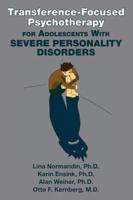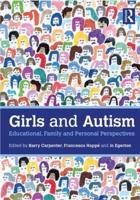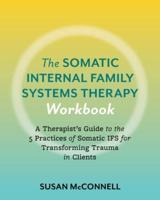Publisher's Synopsis
In Family Therapy, William J. Doherty and Susan H. McDaniel discuss the history, theory, and practice of this systems-oriented therapy.
There are many different types of family therapy, but at the heart of each is systems theory, a model that arose from the fields of biology, physics, chemistry, and cybernetics. The main clinical precept of family systems theory is that individual problems must be understood within their larger family and environmental systems, which often provide the key to successful treatment. Family therapy provides a way of thinking in systemic, relational terms, and a set of strategies for intervening with individuals, couples, families, and other systems. Whether the client is a large family or a single person, family therapy focuses on changing relational interactions.
In addition to this relationship focus, family therapy considers biological, environmental, and cultural influences on the client. Ultimately, this systemic way of thinking-essentially a model for understanding the complex relations that make up the world-can help therapists of all orientations in their practice.
In this book, Dr. Doherty and Dr. McDaniel present and explore this approach, its theory, history, the therapy process, primary change mechanisms, empirical basis, and future developments. This essential primer to family therapy, amply illustrated with case examples, is perfect for graduate students studying theories of therapy and counselling as well as for seasoned practitioners interested in understanding this approach.
There are many different types of family therapy, but at the heart of each is systems theory, a model that arose from the fields of biology, physics, chemistry, and cybernetics. The main clinical precept of family systems theory is that individual problems must be understood within their larger family and environmental systems, which often provide the key to successful treatment. Family therapy provides a way of thinking in systemic, relational terms, and a set of strategies for intervening with individuals, couples, families, and other systems. Whether the client is a large family or a single person, family therapy focuses on changing relational interactions.
In addition to this relationship focus, family therapy considers biological, environmental, and cultural influences on the client. Ultimately, this systemic way of thinking-essentially a model for understanding the complex relations that make up the world-can help therapists of all orientations in their practice.
In this book, Dr. Doherty and Dr. McDaniel present and explore this approach, its theory, history, the therapy process, primary change mechanisms, empirical basis, and future developments. This essential primer to family therapy, amply illustrated with case examples, is perfect for graduate students studying theories of therapy and counselling as well as for seasoned practitioners interested in understanding this approach.










